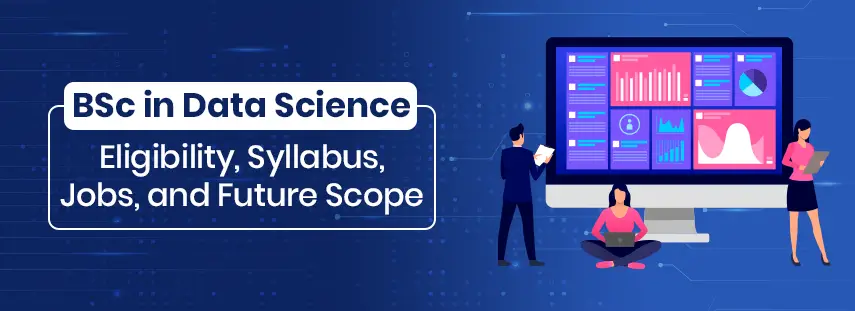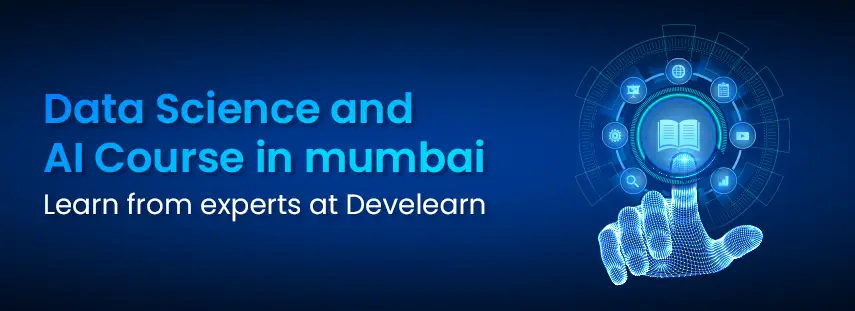Join As Students, Leave As Professionals.
Develearn is the best institute in Mumbai, a perfect place to upgrade your skills and get yourself to the next level. Enroll now, grow with us and get hired.

How can I become a data analyst? - Your Step-by-Step Guide
Discover the essential steps to kickstart your journey as a data analyst. From acquiring key skills to exploring relevant tools and practical experiences, this comprehensive guide provides a roadmap for aspiring data analysts.
DeveLearn Technologies
30 minutes
February 3, 2024
Loading content...




